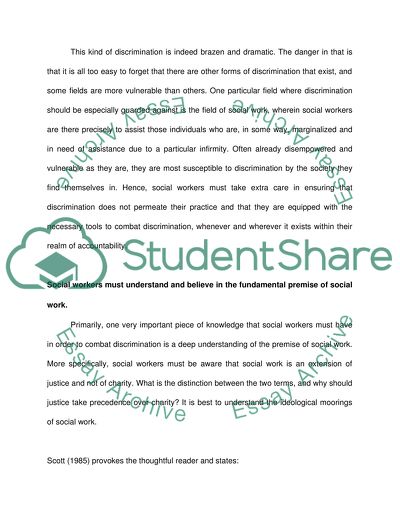Cite this document
(“Social Work and Discrimination Essay Example | Topics and Well Written Essays - 3000 words”, n.d.)
Retrieved from https://studentshare.org/sociology/1534036-social-work-and-discrimination
Retrieved from https://studentshare.org/sociology/1534036-social-work-and-discrimination
(Social Work and Discrimination Essay Example | Topics and Well Written Essays - 3000 Words)
https://studentshare.org/sociology/1534036-social-work-and-discrimination.
https://studentshare.org/sociology/1534036-social-work-and-discrimination.
“Social Work and Discrimination Essay Example | Topics and Well Written Essays - 3000 Words”, n.d. https://studentshare.org/sociology/1534036-social-work-and-discrimination.


